(单词翻译:单击)
压力越少
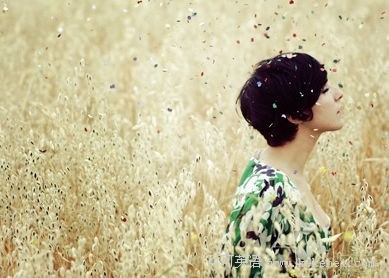
1. Less stuff = less stress.
The fewer possessions you have, the less you need to worry about maintaining, repairing, insuring, protecting, and paying for them.
1、拥有越少=压力越少。
你拥有的财产越少,你越不用担心财产的保值、维修、保险、保管、和用在它上面的花费。
自由越大
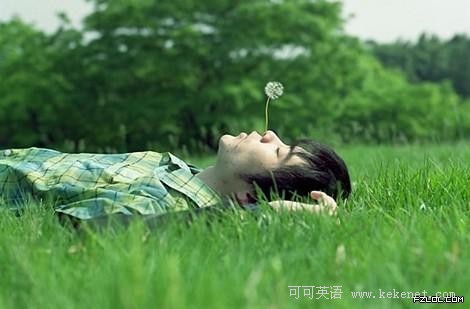
2. Less stuff = more freedom.
Possessions are like anchors, tethering us to our houses (to store them), and our jobs (to pay for them). When you don’t have a houseful of stuff, you’re much more mobile and able to take advantage of opportunities as they arise.
2、拥有越少=自由越大。
财产像一个船锚,让我们为我们的房屋和工作画地自牢,当你不再是一个房奴,更能把握住那些您曾视而不见的机会。
时间越多

3. Less stuff = more time.
It takes time to plan for, research, and acquire a purchase (from driving around to stores, to surfing the web for consumer reviews). And it takes time to clean, maintain, and keep stuff in order once you own it. The less stuff you buy, the more time you have for other (more pleasurable) pursuits.
3、拥有越少=时间越多。
计划、寻找、买一样东西(从驾车去考察到在网上搜索消费者的评价)是很花时间的。整理、清洁、保管你的财产也要花很多时间。所以,你买少点东西,你将有更多时间放在你更喜欢的追求上。
钱越多
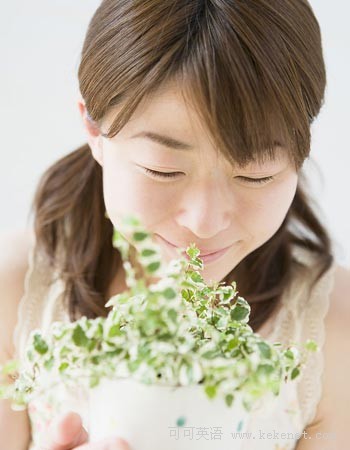
4. Less stuff = more money.
The less you buy, the more you save. And who wouldn’t be happier with a little more money in their bank account?
4、拥有越少=钱越多。
你买得越少,你的钱存得越多,看到自己的银行户头日渐充盈,谁会不开心?
越少攀比的压力
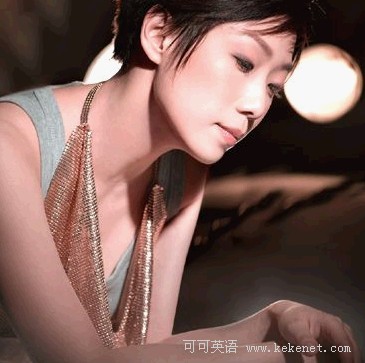
5. Less stuff = less pressure to keep up with the Joneses.
When people know you’re a minimalist, they don’t expect you to have the latest and greatest toys and status symbols. In fact, they don’t expect you to have anything at all. (Actually, I’d love to see the Joneses become minimalist, and the competitive non-consumption that results.)
5、拥有越少=越少跟邻居攀比的压力。
当人们知道你是个简约主义者的时候,他们就不会在意你是否拥有最新的,最酷的玩物或者其他象征地位的物品。事实上,他们根本不在意你拥有的任何东西。(实际上,我很乐意看到邻居变成简约主义者,那么这种竞争性的非消费就有结果了)
清理越少
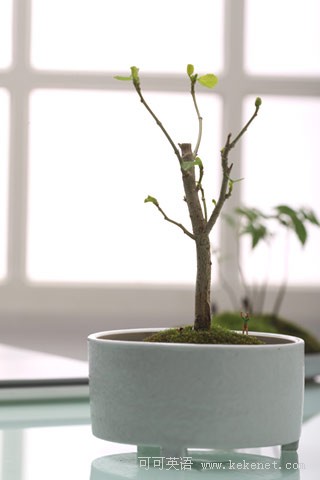
6. Less stuff = less to clean.
I prefer not to spend my weekends dusting around tchotchkes, and corralling wayward items into drawers, bins, and closets (and I suspect I’m not the only one!) What’s more: when you’re a minimalist, your house is more likely to look halfway decent when someone drops by unexpectedly.
6、拥有越少=清理越少。
我并不像浪费我的周末在那些小装饰品、到处到处的小物品身边打转,把它们收拾进抽屉、垃圾桶、壁橱。(我怀疑不仅仅是我有这种想法)。而且,当你是一个简约主义者的时候,你的家就像一块走到半路,不期而遇的硬币。
更富创造力
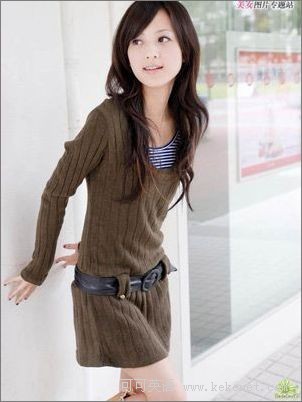
7. Less stuff = more opportunity to be creative and resourceful.
I love the challenge of meeting a need, or completing a task, without purchasing something “extra.”
7、拥有越少=让自己变得更富创造力和更机敏的机会越多。
我喜欢面对一个需要或者完成一项任务时的挑战感,而不是买更多额外的东西。
一个更绿色的星球

8. Less stuff = a greener planet.
The fewer things you buy, the better for the environment. Rampant consumption is a terrible waste of the Earth’s natural resources.
8、拥有越少=一个更绿色的星球。
你买得越少,对环境越好。泛滥消费时对地球自然字眼的严重浪费。
别人拥有多

9. Less stuff for me = more for others.
The resources of our planet are finite. When we over-consume, we take more than our fair share—leaving less for others, and future generations. A minimalist lifestyle helps restore the balance.
9、自己拥有越少=别人拥有越多。
我们地球上的资源是有限的。当我们过度消费的时候,留给别人和后代的就变少了。简约主义者的生活方式帮助保持生态平衡。
拥有越少=越多乐趣
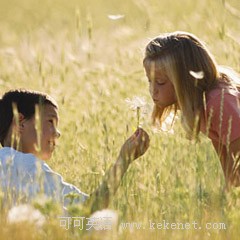
10. Less stuff = more joy.
The fewer possessions you have to fuss over, the more time you have for friends, family, flowers, sunsets, and the beautiful things in life. And that—more than any consumer item—is the source of true happiness.
10、拥有越少=越多乐趣。
你花在担心你的财产上的时间越少,你就有越多时间花在朋友、家人、甚至是花开、日落和生命中一切美好的东西。而这些,要比消费品多得多,这些才是人生开心的源泉。


